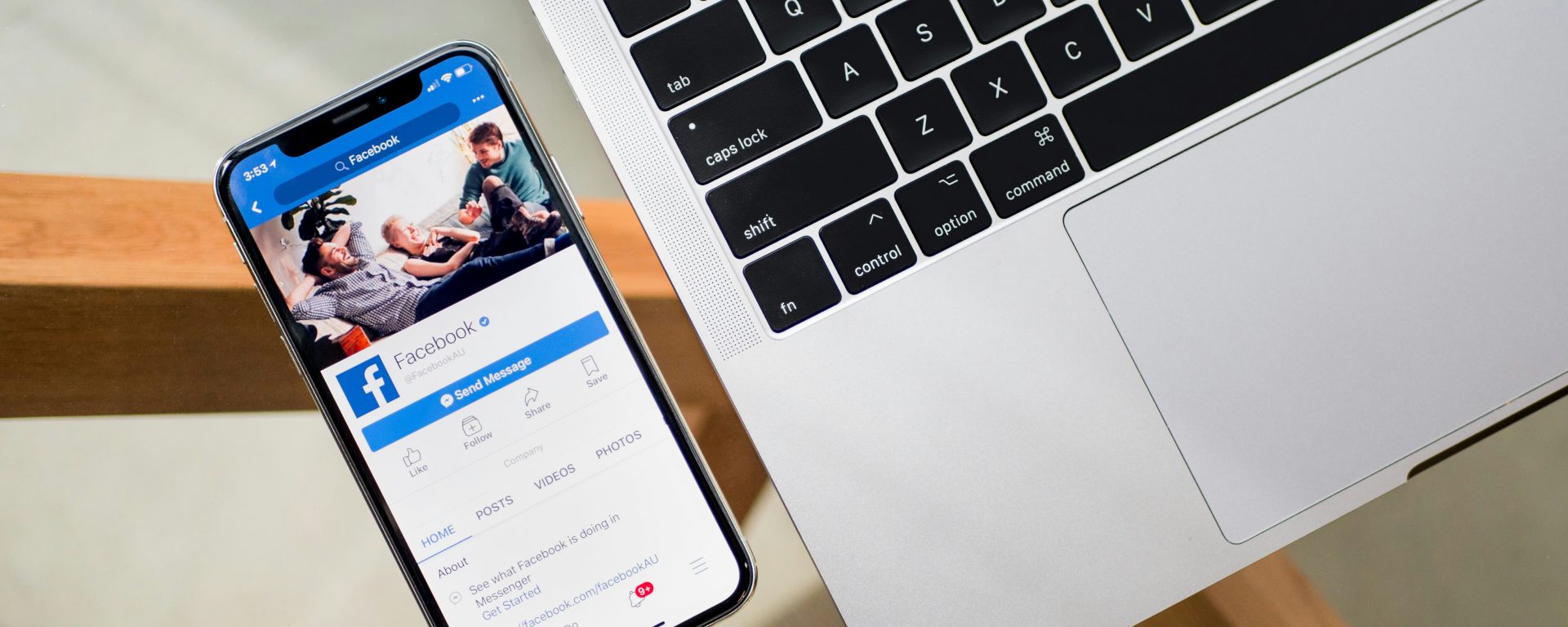I remember the conversation that sent me to law school vividly. I was working in marketing for an arts organization, discussing an upcoming art exhibit with the artist. Of course, the topic of online marketing arose. The conversation went like this:
Artist: “I don’t want any promotions on social media because I don’t want to give up my copyright to these pieces.”
After taking several seconds to process why this sounded wrong, I responded.
Me: “Oh no, you will still retain the rights to all your artwork, this will just allow me to get the word out about what the gallery is about.”
Artist: “That’s not what I saw. My friend posted a disclaimer on Facebook that every post on their wall was their own content. It said others needed to post the same disclaimer or risk losing the rights to their images and videos. You don’t have such a post on your wall so Facebook can steal my art.”
No matter how much I attempted to assure her that this was incorrect, she insisted otherwise. So, she refused to allow us to promote her artwork on social media.
Fast forward to the exhibit day. This was the artist’s first. It was sadly not well attended. I think this was due in large part to promotions not accurately portraying what was included in the gallery. This was another on a growing list of experiences I had where misinformation about artist’s rights prevented those same creatives from reaching their full potential.
Dispelling the Disclaimer Myth
For the record, Facebook does not own the copyright to every image you have ever posted. It does, however, get a royalty-free license. Why? Its because of terms you must agree to when you join.
What does this mean? Let’s backtrack to what rights a copyright owner has. A copyright owner generally has rights to exclude others from a variety of things, such as copying their work or making things based on it – unless the copyright owner has granted a license (or there is a legal defense).
So, back to the Facebook royalty-free (i.e. free for Facebook) license. This means it’s free for Facebook to use your content, such as in an ad, if they should choose. All other rights of the copyright still belong to you though, regardless of any “disclaimers” you may post. This means that although Facebook can use your work, you can still grant rights to others. Importantly, they are just one licensee, but not the copyright owner.
But, misinformation abounds. In fact, the misinformation in the disclaimer this artist was talking about, has become so widespread that articles have been written to debunk it. Many articles. Many, many articles.
Why the confusion?
I don’t blame this person for getting confused. When you are an artist, you spend your time challenging your own abilities and attempting to make something impactful – not burying your head in Nimmer on Copyright. In fact, most artists and even lawyers that do not focus on IP probably have no idea that Nimmer is a major text on the subject of copyright law.
Plus, how many of us can honestly say we’ve read the terms of use on these sites?
The law is a complex engine that can take years to grasp. Intellectual property is no different. The only reason I had an inkling that something was wrong was because I took undergrad classes in music and entertainment law (and I’m a nerd that likes to read articles on copyrights in my free time).
The Bigger Picture
This anecdote is emblematic of a larger issue I noticed during my time in the arts. Artists, musicians, and other creative professionals do not understand how intellectual property works. Although the artist did not realize she had rights, sometimes artists actually violate rights of others. I encountered artist upon artist violating copyright protections. Sometimes artists improperly used copyrighted photos in official packets about a play – violating the right to reproduce or prepare derivative works. Other times artists copied sheet music. They did not seem to realize that music is creative expression that is copyrighted and must be licensed.,
These instances ended up being the straw that broke the camel’s back for me to pursue law school. My undergrad legal education allowed me to recognize possible copyright violations and help advise on sustainable policies to prevent infringement. After I started losing track of how many violations I encountered, I realized there was a bigger problem. The arts community had a deep need for people who knew the law, who knew the arts, and who knew how to combine these into digestible concepts.
What artists should know
An artist’s job is to create and challenge our perceptions of the world. But knowing the law can actually go a long way towards helping or harming that goal. My companies have gotten cease and desist letters ordering us to stop using protected photos or face lawsuits, had to rework budgets due to fines for IP violations, and almost lost the ability to perform plays altogether because of these legal snafus.
Making intellectual property law more accessible to the arts, whether through more volunteer attorneys or more educational programs for artists, could allow artists to focus on what they do best – making the world a more beautiful place.
Copyright is a tool that allows creators to protect their works from being reproduced or used without their consent. This allows artists to monetize their creations. They can do so with license fees for those that publicly display or otherwise copy their creations. This can give them publicity and revenue to enhance their careers. It also allows them to recoup money from those who use the same art without permission. Knowing how to navigate these rights is essential to succeeding in the arts community.
How you can (and should) help
If we want to keep the arts alive and well, we need more people willing to bridge this gap and make the law accessible to the arts. If you’re on the fence about pursuing law school or a career in intellectual property, do it. We need all the help we can get. If you’re an attorney or law student, consider volunteering and giving some of your time to organizations such as Lawyers for the Creative Arts, the Center for Art Law, or your state’s chapter of Volunteer Lawyers for the Arts. In fact, many law firms have pro bono programs that allow attorneys to work on volunteer projects as part of their normal hours. If you aren’t able to volunteer, please donate to the above organizations.
And for the love of God, please stop posting that Facebook disclaimer.

Andy Sutherland
Associate Blogger
Loyola University School of Law, J.D. 2023
